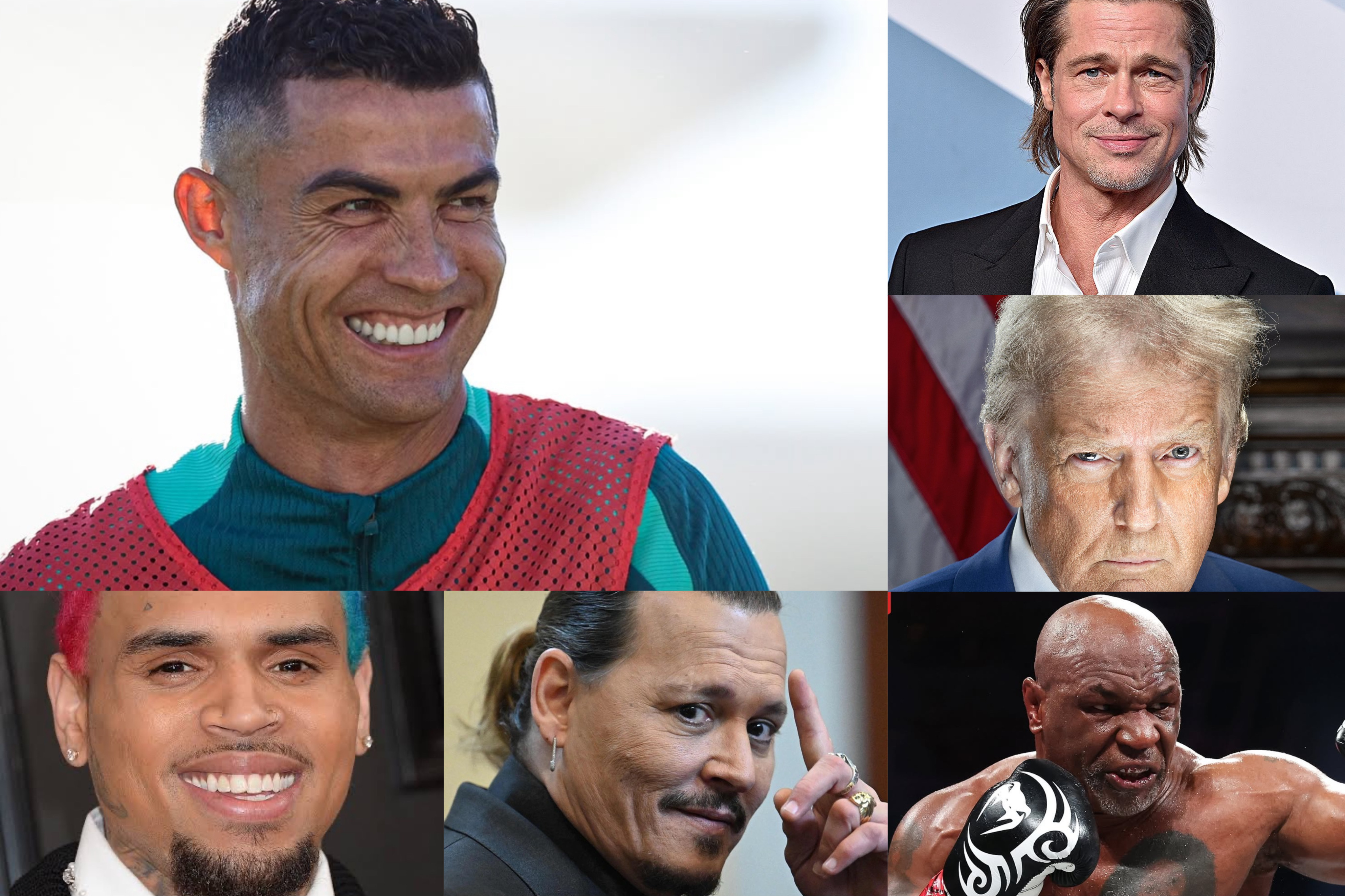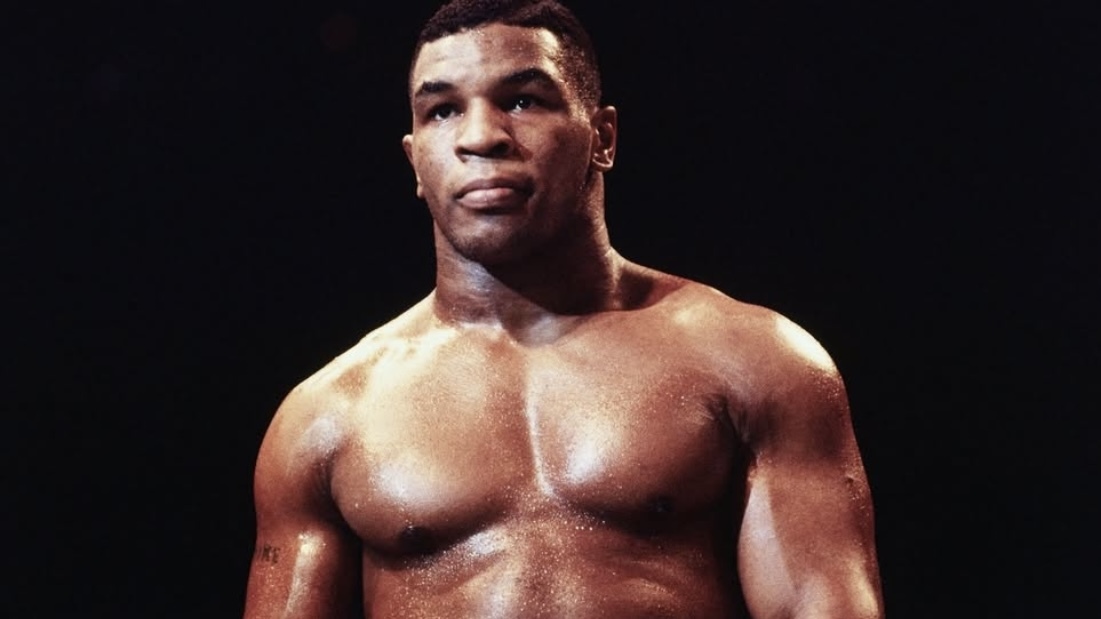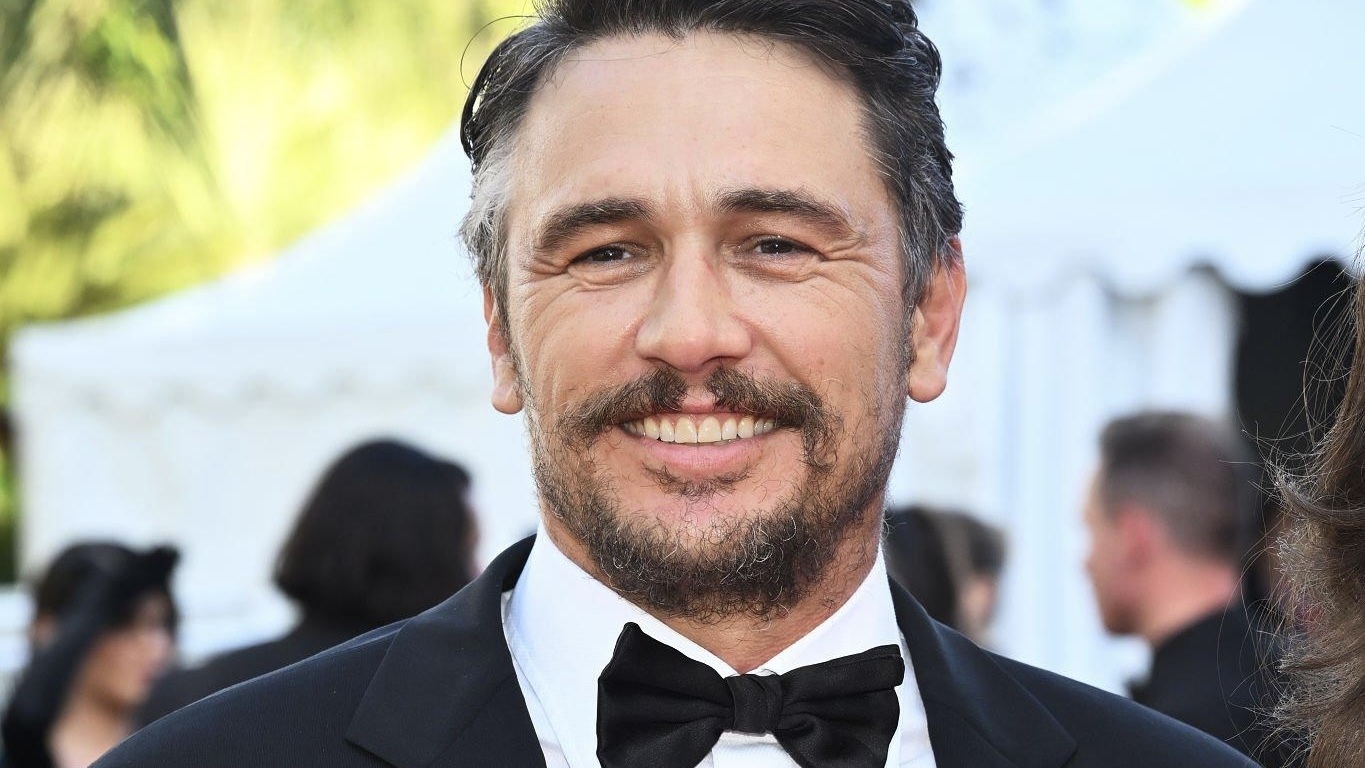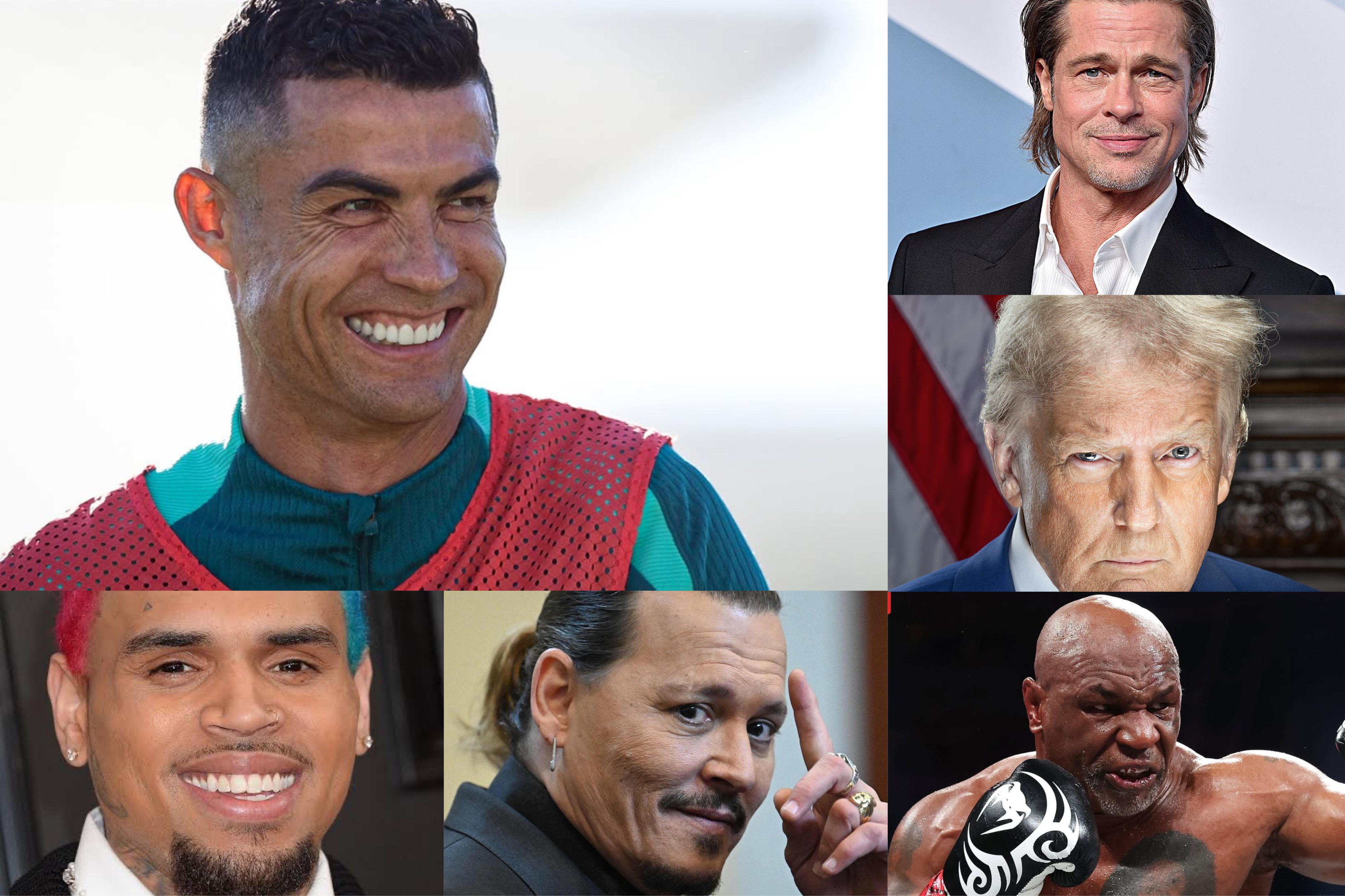
The term Cancel Culture has been a fixture in public debate for years. Branded a witch hunt by conservative commentators and seen as a demand for accountability by activists, the question remains, what does this culture actually achieve? Are perpetrators really being held accountable? Or has Cancel Culture become a buzzword with no real substance? One thing stands out in particular, men facing allegations of sexual violence, domestic abuse or abuse of power often continue their careers completely unfazed, as if nothing ever happened.
What Is Cancel Culture?
Cancel Culture refers to the public call to boycott individuals or organizations that have behaved in unacceptable ways. Originally a form of digital protest used by marginalized communities, it gained widespread traction through social media platforms like Twitter. With MeToo, the concept became a global phenomenon. The core idea, public attention replaces the lack of legal consequences. Critics, however, argue that it is a modern form of social witch hunt. Right–wing voices in particular often use the term to discredit feminist or anti-racist movements.
Cancel culture has been canceled.
— Elon Musk (@elonmusk) December 1, 2024
A Successful Career Despite Serious Allegations?
Even though Cancel Culture is hotly debated, some of the biggest names in entertainment, sports and pop culture are men accused of serious abuse or violence, yet they continue to enjoy spotless, celebrated careers. Here are a few examples.
Johnny Depp was accused of domestic violence by Amber Heard for years, but in the end, the hate online turned against her. Although the court case wasn’t about the abuse itself, but rather about defamation, Depp is now being celebrated like a hero. Years earlier, he had already admitted to struggling with violent behavior and substance abuse.
Amber Heard had photos, video, text messages, audio recordings, eye witnesses, medical notes, therapists notes and she was still not believed. This is a massive setback for women. #IStandWithAmberHeard
— Ivana (@IvanaE) June 1, 2022
Chris Brown brutally assaulted Rihanna, was convicted, and later faced numerous other accusations, including rape, yet he continues to sell out shows and receive awards.
Mike Tyson was convicted of rape, served three years in prison, and still went on to become a pop culture legend.

Brad Pitt was accused by Angelina Jolie, with allegations of domestic violence. According to court documents and an FBI report, he allegedly physically assaulted her and their children during a flight. His oldest children have publicly distanced themselves from him and clearly support their mother.
In 2009, Cristiano Ronaldo was accused of rape by Kathryn Mayorga. In 2010, he paid her 375,000 dollars as part of an out–of–court settlement and was never criminally charged. However, leaked documents from the investigation include his own statement admitting that she had said “no” multiple times. Despite the serious allegations, his career remained completely unaffected.
For those asking for a source: the transcript of Ronaldo's 2009 deposition was first published in German newspaper Der Spiegel in 2018. This article has a good summary of the most damning quotes where he admits to the rape: https://t.co/og9n1ggP5u
— hannah (@antifamouss) August 13, 2023
Donald Trump has faced allegations of sexual assault and harassment for decades, with at least 27 women accusing him. In one case, he was found liable in a civil trial. Still, he was elected twice as the most powerful man in the world.
The Real Cost Of Calling Out Abuse
How loud can the outrage over Cancel Culture really be when the supposedly “canceled” individuals go on to win Oscars, play sold–out world tours or even become president just months later? And how does that align with the ever–present claim that women only make these accusations for attention, money or fame? Women like Amber Heard are not winners, they are targets of hatred, contempt and death threats. No one hands them awards. No one gives them careers. Amber was mocked for speaking out about physical and sexual violence. People laughed at her face, her voice, the way she cried while describing how Johnny Depp raped her.
To this day, she receives hate. To this day, she is bankrupt. So how, exactly, was that ever an advantage for her? While he continues his career uninterrupted? This doesn’t mean she’s perfect – but it does make one thing painfully clear: there was a winner and a loser in a case where no one came out looking good, but only one walked away with their career intact.
Amber Heard was the litmus test that so many people failed, and we are living through the results of that ordeal. "She's a liar. It was mutual abuse. White women are known for lying". Now many male abusers are using her abuser's playbook to silence & smear their victims.
— Jordan Sumbu (@JordanSumbu) May 17, 2025
Is Anyone Actually Getting Canceled?
Sure, some celebrities disappear after serious allegations, but more often than not, it’s only temporary. James Franco was accused of sexual misconduct by multiple women, including students from his acting school. He stayed quiet for a while, but in 2025, he suddenly showed up at the Cannes Film Festival. Armie Hammer faced multiple rape allegations, along with disturbing messages about violent fantasies and abuse of power.
The internet turned it all into a meme, and cannibal jokes quickly drowned out the serious accusations. Today, he’s back doing podcast appearances, publicly complaining about how exhausting women are. Shia LaBeouf was accused by FKA Twigs of intense abuse, including manipulation, isolation and physical violence. Yet he still gets invited to industry events, defended by fellow actors, and casually exchanges friendly emails with Timothée Chalamet. In Hollywood, he was never really gone.

The Problem With Memes And Misinformation
The internet turns everything into a joke. P. Diddy is facing human trafficking, rape and RICO charges and still becomes a TikTok meme. Armie Hammer is reduced to “that funny cannibal guy.” The seriousness disappears, and even when people do believe someone is guilty, humor softens the blow. Everything becomes content, everything becomes a meme. And once something stops feeling serious, the abuser can quietly return, no accountability, just rebranding.
diddy jokes are rape jokes and there's nothing funny or appealing about rape. ya'll are weird for identifying with it as entertainment.
— Nikki Hayes (@itsnikkihayes) September 26, 2024
Another major issue is the spread of fake news and how little effort many people put into actually getting to the truth. In the United States, most court documents are publicly accessible, including in the case of Amber Heard and Johnny Depp. So technically, anyone could read all the evidence, statements, medical reports and audio recordings with just a bit of research. But most people don’t. Instead, they’d rather watch a 15–second TikTok video where someone confidently shares their opinion straight to camera, often without any qualifications at all. It’s enough for someone to speak with confidence to be believed, regardless of whether it’s true. This is how misinformation, twisted facts and conspiracy theories are born.
It’s an emotionally charged topic for many people, which is exactly why we want to know: what do you think?


































